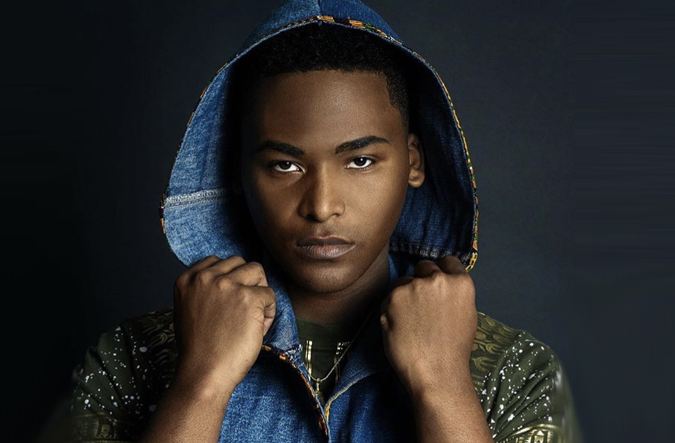Andre Matthews works at Colored Commentary, which produces true crime podcasts about people of colour. Andre hosts the show “Bruh Issa Murder”, which combines comedy and music with discussions about POC victims of crime.
Andre, how does Colored Commentary help to balance the focus on white victims in true crime media?
By simply existing. By dedicating ourselves to giving voices to those who are marginalized by the masses. We matter as much anyone else so our stories need to be heard and shared.
Can you explain what “white women syndrome” is and why do you think it dominates true crime reporting?
Missing white woman syndrome is a phenomenon that has been studied by social scientists and media commentators of the extensive media coverage, of missing person cases involving young, white, upper-middle-class women or girls.
It’s defined as the Western media’s undue focus on upper-middle-class white women who disappear, with the disproportionate degree of coverage they receive being compared to cases of missing men or boys, women of color, and women of lower social classes. It’s dominated Western TV for years and it natural transitioned into dominating true crime podcasts.
Do you have any ideas about why cases involving people of colour are not discussed as much in the media?
I don’t believe it’s something that done intentionally. I think media outlets (true crime tv and podcasts) put stories out that they feel caters to their demographic.
These outlets don’t take into account people of colour or those in the LGBTQ+ community. So POC and LGBTQ+ cases aren’t given the same coverage. Not only is it a disservice to their fans but to their fellow man. These stories need to be put out there.
Your podcast, “Bruh Issa Murder” combines comedy, music and true crime – is that a difficult mix to handle?
It’s an interesting mix for sure. I bring my authentic self to the podcast. The way I talk and act is the same way I am with my friends. I like to talk about true crime and share music that I like with my friends. So me recording the that and putting it online didn’t feel too unnatural.
When it comes to the music on the show I love reaching out to up and coming artists. I ask them if I can use their music and I promote them. There’s a lot of great artists out there who don’t get the time of day.
Can you give an example of the kind of cold case you discuss on your show?
My first episode was about Gemmel Moore. I don’t think I’ll ever forget that case because it was so upsetting to research. Gemmel was a gay black male sex work in his 20s who dealt with bouts of homelessness.
He died of a suspected drug overdose but his family suspected he was murdered. A wealthy white man did pick Gemmel up for his services, and over a period of time, according to what was written in Gemmel’s journal, got him hooked on street drugs. People anonymously came out saying this man has a history for targeting black male sex workers and getting them addicted to drugs.
No one knows for sure who put the needle in his arm and the family still is looking for answers.
Do you think that podcasting in general needs to be more diverse?
Podcasting is a great outlet for creative voices to be heard. If you look at who’s topping the charts it’s mainly straight white males. There is nothing wrong with that and those people worked hard to get there. Those charts however don’t reflect the world we live in.
People of colour need to start getting the same opportunities, coverage, and platforms. Those voices are out there and they are all so unique and varied. Bringing and looking for diversity is something people should do to hear those unique perspectives you may not always get.

